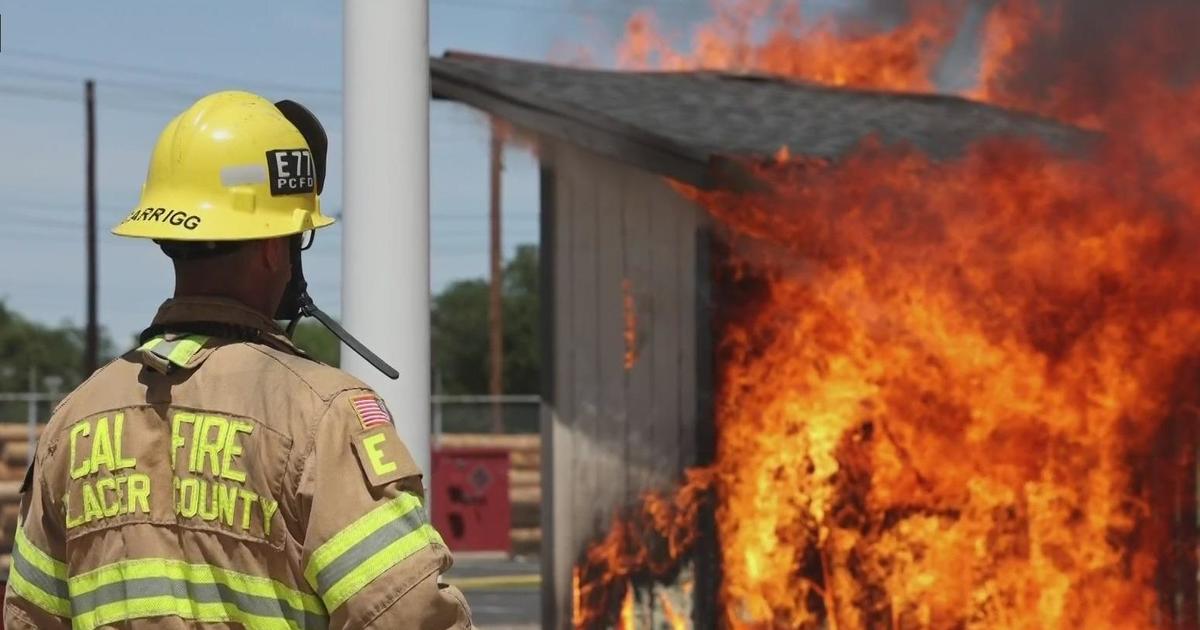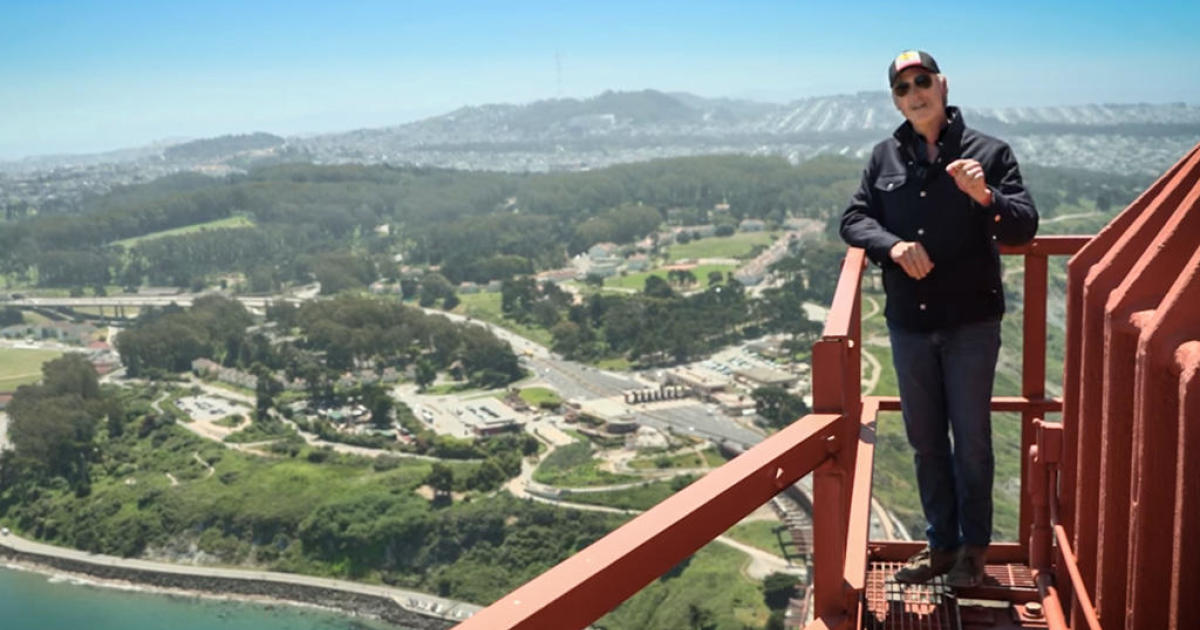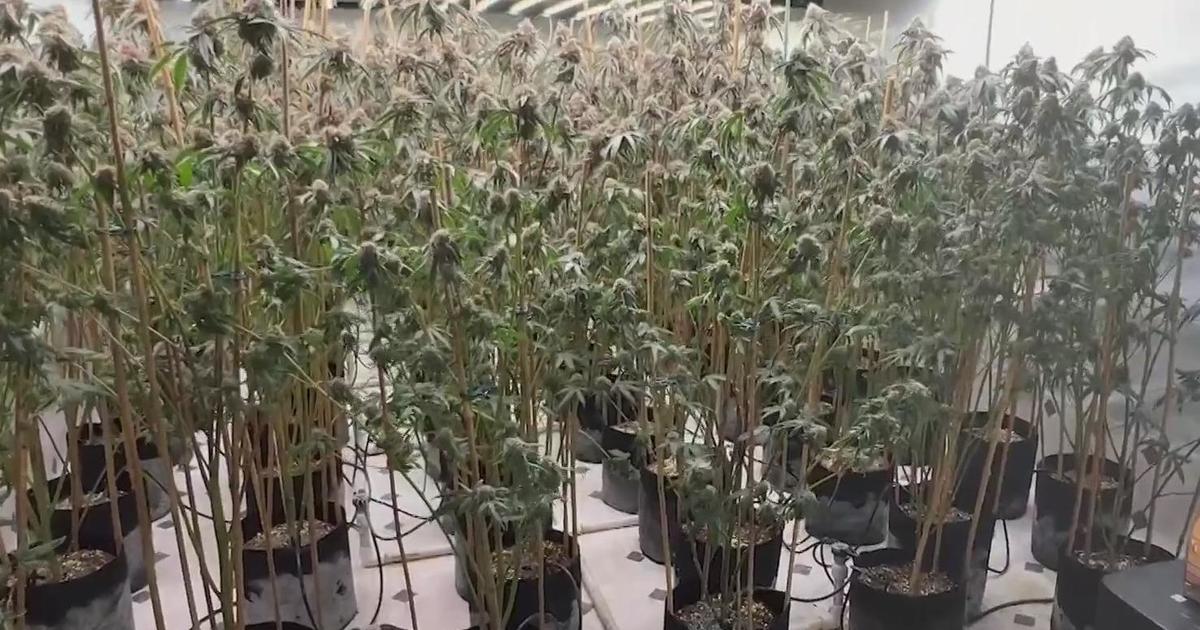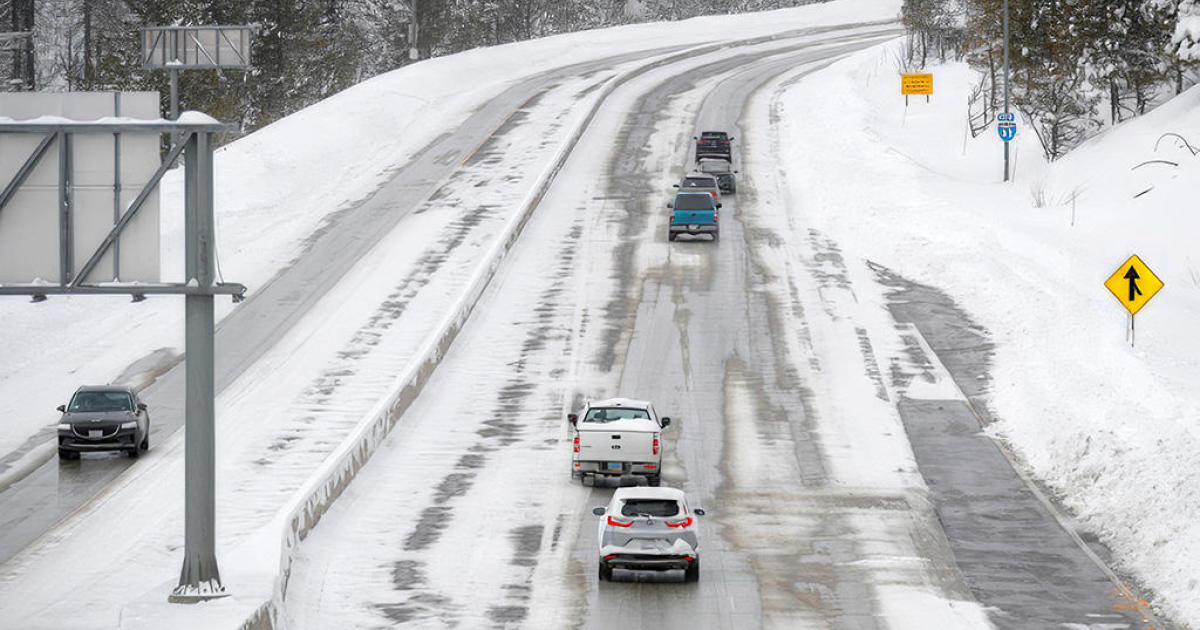Newsom Signs Bill Banning 'Deep Fakes' Within 60 Days Of Elections
SACRAMENTO (CBS / AP) — California is trying to stop people from deceptively editing videos and audio in ways that are aimed at influencing elections.
Legislation signed by Gov. Gavin Newsom on Thursday bans the distribution of manipulated videos and pictures that maliciously aim to give someone a false impression about a political candidate's actions or words within 60 days of an election.
It was written in response to a rise in the use of "deep fake" technology that can make it appear as if someone is saying something or acting in a way they are not.
Experts have raised concerns about such technology's possible use in voter disinformation campaigns, but opponents of the law say the bill threatens to trample on free speech rights and may not have its intended effect.
• ALSO READ: Artists Create 'Deepfake' Video Of Mark Zuckerberg To Gauge Facebook Response
Assemblyman Marc Berman (D-Palo Alto) introduced the bill after an altered video that appeared to show U.S. House Speaker Nancy Pelosi slurring her words circulated widely on the Internet.
"In the context of elections, the ability to attribute speech or conduct to a candidate that is false - that never happened - makes deepfake technology a powerful and dangerous new tool in the arsenal of those who want to wage misinformation campaigns to confuse voters," Berman said in a statement after Newsom signed the bill.
Rudy Giuliani, the president's personal lawyer, shared the altered video of Pelosi on Twitter but later deleted it, the New York Times reported. President Donald Trump did not share that video but did tweet a separate video from Fox Business that spliced together examples of Pelosi stumbling on her words.
The new law takes effect next year and sunsets in 2023. It does not apply to videos that include a disclaimer saying they have been manipulated or videos that are considered satire or parody. News outlets that are paid to broadcast the material or are reporting on it as part of a news story would not be subject to the 60-day provision.
It allows candidates to seek damages against the person or group that distributes the video.
Newsom did not include a signing statement explaining his reason for approving the bill.
The American Civil Liberties Union of California had urged him to veto it.
"Despite the author's good intentions, this bill will not solve the problem of deceptive political videos; it will only result in voter confusion, malicious litigation, and repression of free speech," Kevin Baker, the organization's legislative director, wrote in a letter to Newsom.
© Copyright 2019 The Associated Press. All Rights Reserved. This material may not be published, broadcast, rewritten or redistributed.



